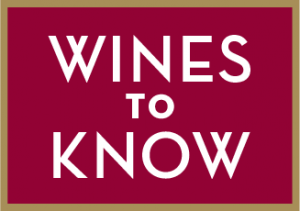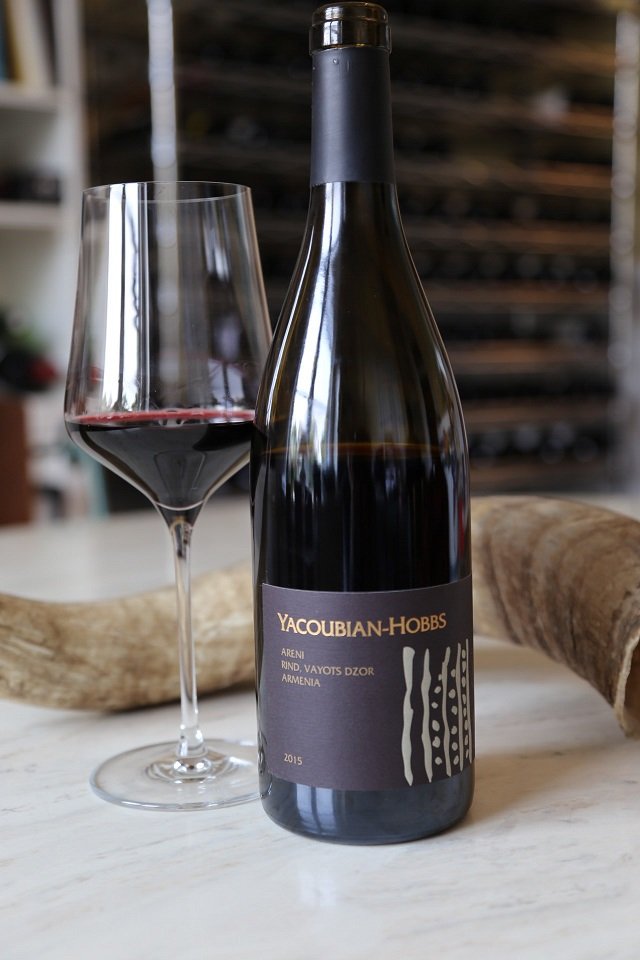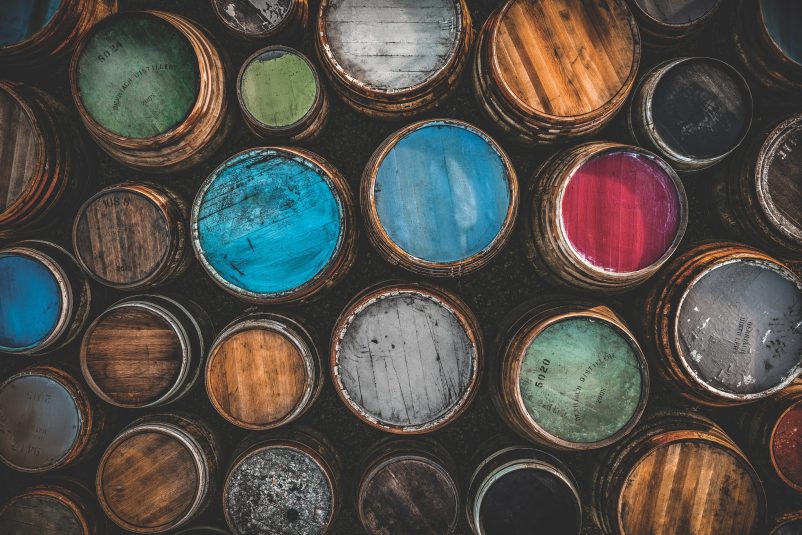
YACOUBIAN HOBBS | Areni 2015
(Rind, Vayots Dzor, Armenia) $32
 The first time I read about Areni-1 (pronounced are-AY-nee)—the name archeologists have given the cave that contains remnants of theoldest known winery in the world—I could not help but be entranced. Dating from more than 6,000 years ago in Armenia, Areni-1 is one of the richest archeological sites ever discovered. And this wine was made a stone’s throw away from it by California winemaker Paul Hobbs and Armenia’s Yacoubian (yah-COO-bee-in) family. Made from areni grapes, the wine is plush with a black peppery spiciness and delicious black cherry flavors. It reminds me of a mystical cross of syrah and cabernet. If you love history, this wine—it’s one of only a handful of Armenian wines available in the U.S.—is a must. (14% abv)
The first time I read about Areni-1 (pronounced are-AY-nee)—the name archeologists have given the cave that contains remnants of theoldest known winery in the world—I could not help but be entranced. Dating from more than 6,000 years ago in Armenia, Areni-1 is one of the richest archeological sites ever discovered. And this wine was made a stone’s throw away from it by California winemaker Paul Hobbs and Armenia’s Yacoubian (yah-COO-bee-in) family. Made from areni grapes, the wine is plush with a black peppery spiciness and delicious black cherry flavors. It reminds me of a mystical cross of syrah and cabernet. If you love history, this wine—it’s one of only a handful of Armenian wines available in the U.S.—is a must. (14% abv)
89 points KM
Available Paul Hobbs Wines

Name a process during winemaking that gives white wine a more creamy mouthfeel.
A. Sur Lie Aging
B. Extended Maceration
C. Diacetyl
D. Barrel Fermentation

There are only four basic tastes humans can detect and experience in our food and wine: sweet, sour, salty, and bitter.
False. In addition to these four tastes, there’s at least one more that’s known—umami (oo-MA-mee), a word that translates to “deliciousness” in Japanese. Discovered in 1908 by Japanese scientist Kikunae Ikeda, umami is based on the presence of glutamates (aka glutamic acid), the most abundant type of amino acid in certain foods—and, thus, indicators of protein. In 2000, University of Miami researchers found receptors in our taste buds designed to receive the umami compounds. Umami is present in foods such as blue cheese, meat juices, mushrooms, and fermented soy products like soy sauce. Beyond sweet, sour, salty, bitter, and umami, there may be even more tastes scientists haven’t yet discovered.



Harvest has just started in California. When some of the state’s winemakers were asked what’s best about harvest, here are a few things they said:
- The smell of fermentation
- Camaraderie
- Breakfast burritos
- Seeing the sun rise over a vineyard
- Cold beer
- Avocados
- Spicy Cheetos
- Chocolate
- Knowing there’s an end…

Interesting feedback continues to roll in on our question: Do chefs know more about wine than winemakers know about food—or do winemakers know more about food than chefs know about wine?
Mark M. from Rocky River, OH wrote:
“In our country, those who call themselves chefs are far more personal brand focused often with one-trick accomplishments, as opposed to being truly open to explore all flavors of food and wine. This seems to come from a certain mindset that will remain the same as long as chefs are perceived more as entertainers than as cooks. [Chefs will only start to embrace wine] when trendsetting chefs begin to explore their insights about wine’s flavors.”







